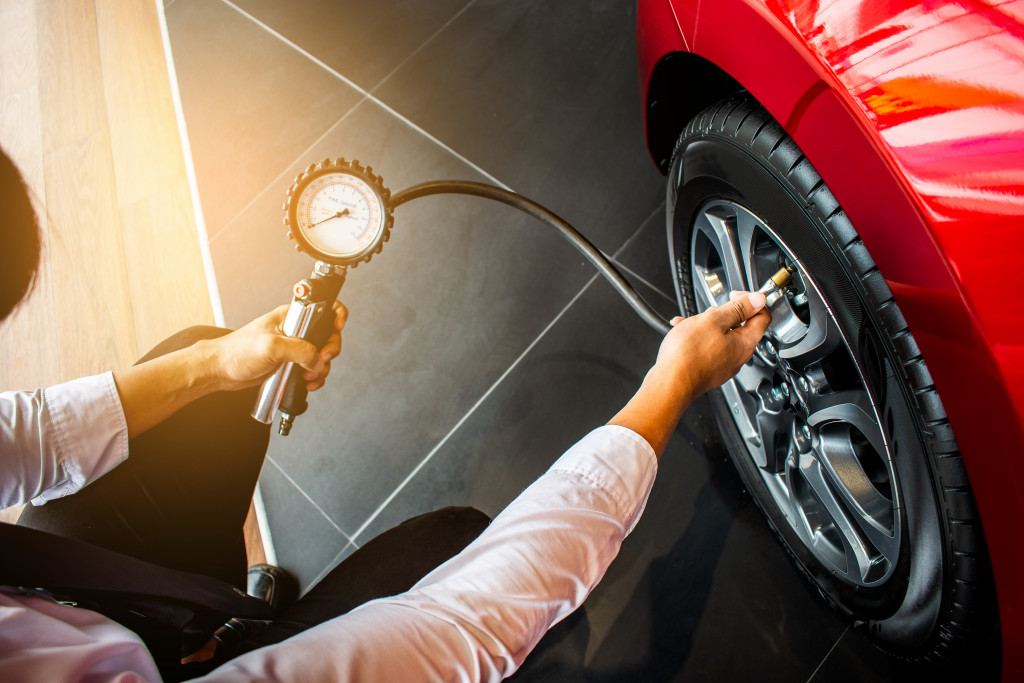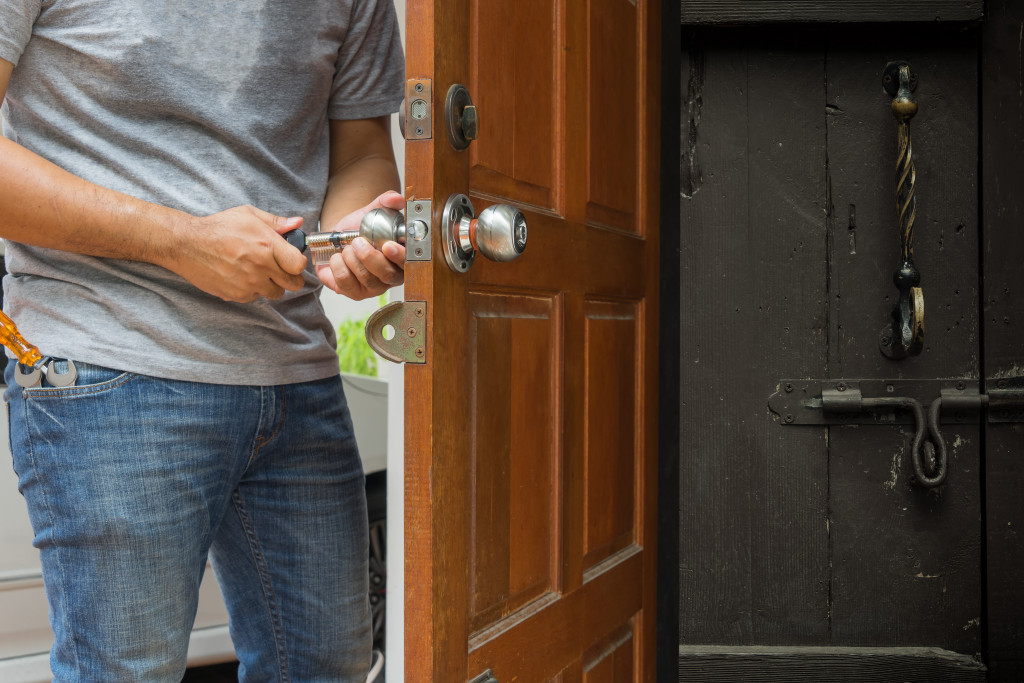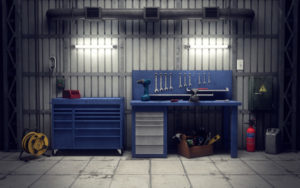- Be careful when driving — replace broken windshields, monitor tire pressure, inspect brakes, and don’t use a phone.
- Install security devices to provide an extra layer of protection.
- Keep the home locked and install deadbolts on exterior doors for security.
- Teach children safety rules to ensure they stay safe while playing in the home and outdoors.
- Set curfews gradually to foster respect and understanding while prioritizing safety.
When it comes to your family’s safety, nothing is more important. It’s essential to take proactive steps to ensure your home is safe and secure for everyone there. This includes providing your children know how to stay safe in and out of the house. To help you achieve this goal, here are five tips on ensuring your family’s safety.
1. Be Careful When Driving
Driving is one of the most dangerous activities you can do. Be extra vigilant when on the road, especially if your children are in the car. Make sure everyone is wearing their seatbelts, and keep an eye out for any potential hazards. Also, pay attention to speed limits and obey all traffic laws so that you don’t put your family at risk of a collision or an accident.
Here are other safety measures when driving to keep in mind:
Replace broken windshields
Ensure that all car windows and windshields are in good condition. Broken glass can be hazardous, particularly for children, and can even lead to serious injury or death if shattered by an accident. It’s important to utilize professional auto glass when it breaks not to put your family at risk. Professionals will be able to ensure that the car windows and windshields are secure and will hold up in case of an accident.
Monitor tire pressure

Low tire pressure can lead to poor vehicle handling and an increased blowout likelihood. Check the pressure in all four tires regularly and adjust it according to the manufacturer’s instructions.
Inspect brakes
Check your brakes regularly for worn brake pads, warped rotors, and other signs of damage. If you notice any issues, get them taken care of as soon as possible. Poorly functioning brakes can put you at risk of an accident when driving.
Don’t use your phone
Distracted driving is one of the leading causes of car accidents. Put your phone away and stay focused on the road, even avoiding essential calls or texts. You can always pull over in a safe spot to take care of any urgent matters while you’re driving.
2. Install Security Devices
To ensure the safety of your family, security devices are a must. Several security devices are available, from simple alarm systems to sophisticated video surveillance and access control systems. Alarm systems typically consist of motion detectors, door/window sensors, glass break sensors and panic buttons that can be installed on doors, windows or other entry points in the home. A loud siren or strobe light will alert you if the system is triggered.
Video surveillance systems also provide an extra layer of security and come in both wired and wireless varieties. For more comprehensive coverage, access control systems are another great option. They allow you to limit who can enter your home by controlling keypads, locks and card readers at each entry point.
3. Keep Your Home Locked at All Times

It is important to keep your home locked at all times, even when you are present. This will ensure that intruders cannot gain access to your property without permission and provide an extra layer of security for those inside. Installing deadbolts on exterior doors can help deter burglars from entering your home; door chains or peepholes can also provide additional protection.
Keep windows and other access points secured when not in use. Consider installing an alarm system as a further deterrent if your budget allows. These measures will help ensure your home remains safe for you and your family.
4. Teach Your Children Safety Rules
Teaching safety rules to your children can ensure that they are safe when playing in the home and outdoors. Ensure you explain the rules in a way that is easy for them to understand and remember.
Some basic safety rules include: looking both ways before crossing the street, never talking to strangers, always wearing a helmet and protective pads while biking or skateboarding, staying away from wild animals, never going off by yourself and always telling an adult where you are going. Be sure to discuss the safety rules with your children regularly and remind them to be mindful of the rules when they are away from home. Teaching your children safety rules is important to keep them safe and healthy.
5. Set Curfews Gradually
It is important to ensure you are not setting overly strict curfews for your family. Doing so can be counterproductive and lead to rebellion or resentment from your children and other household members. Instead, gradually introduce curfews over time and adjust them as needed based on the needs of individual members of the family. This will help foster mutual respect and understanding in the home while ensuring safety is a top priority.
In Summary
No one likes to think about the potential danger their family could face, but taking proactive steps can help you keep them safe. Following the five tips outlined above, you can create a safe environment for your family at home and away from it. As a parent, that’s what matters most.



















